The executive committee of the Philippine Genome Center went to PGC Mindanao on June 15-17, 2023 for a roadmap review and planning for the future of the genome center. The discussions covered mandates and existing strategies of the center as well as a review of its current and upcoming research endeavors. The planning was attended […]
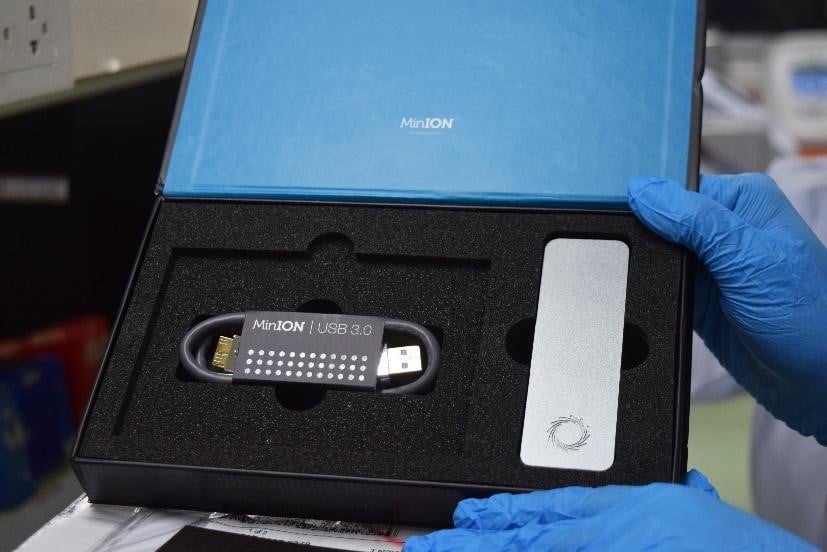
PGC Mindanao engages in a collaborative SARS-COV-2 genomics study using a portable sequencing platform
The Oxford Nanopore MinION is a portable sequencer and has the lowest instrument cost among all sequencing platforms with a 97.5 to >99.3% raw read accuracy (Oxford Nanopore Technologies, 2021). The technology has demonstrated its utility for sequencing biological entities, from the simple nano-sized viruses to complex plants and animals, generating sequence information that is sufficient to provide comprehensive insights into the underlying genome architecture. It has also been validated to produce SARS-CoV-2 consensus sequences with the same accuracy as other sequencing platforms (Bull et al., 2020 and Charre et al., 2020).
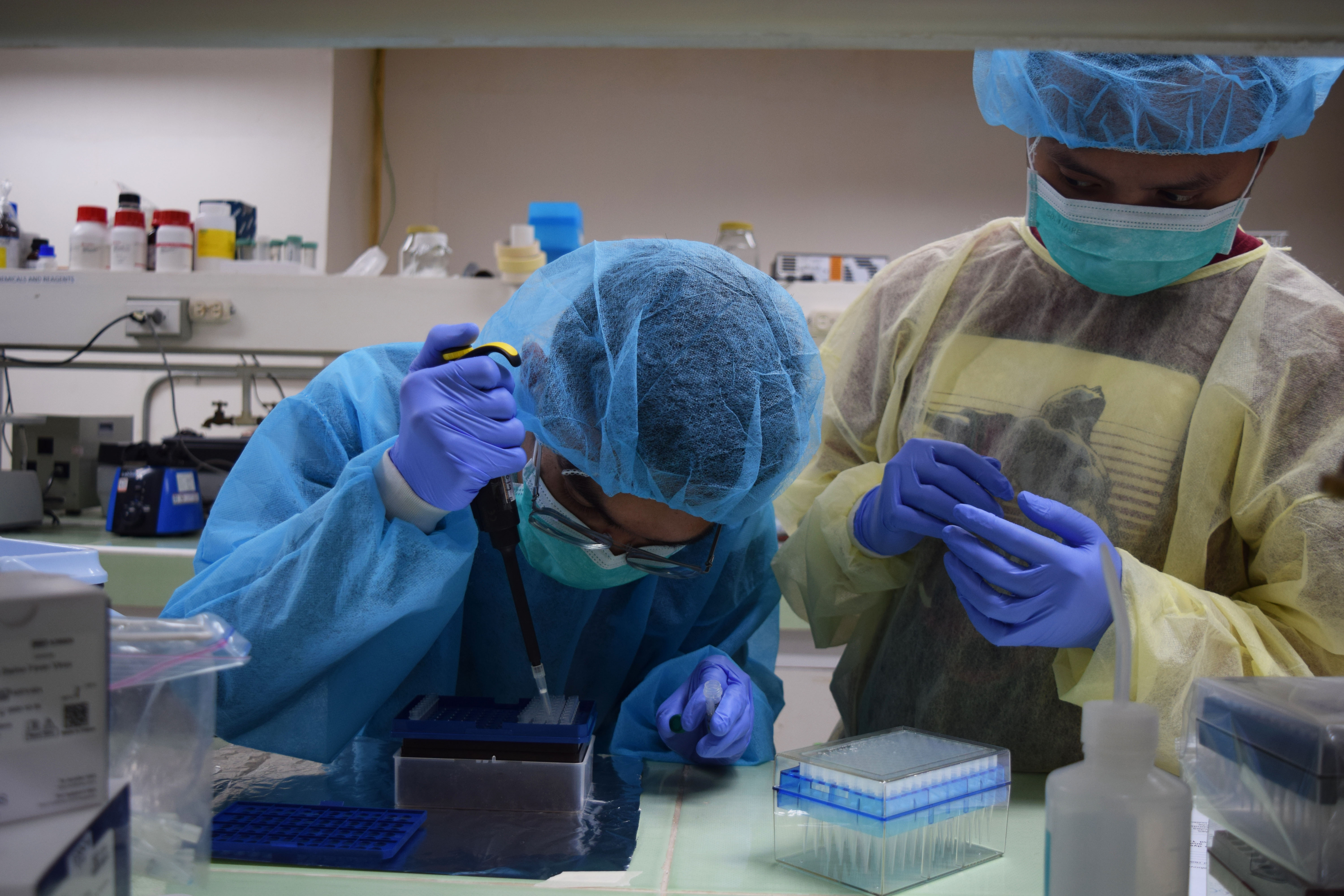
PGC Mindanao detects presence of African Swine Fever (ASF) Virus in the region
As the first ever omics facility in Mindanao, PGC Mindanao aims to conduct advance and molecular genomic tests in Mindanao as its contribution to the government response in managing and controlling the Emerging and reemerging livestock diseases.
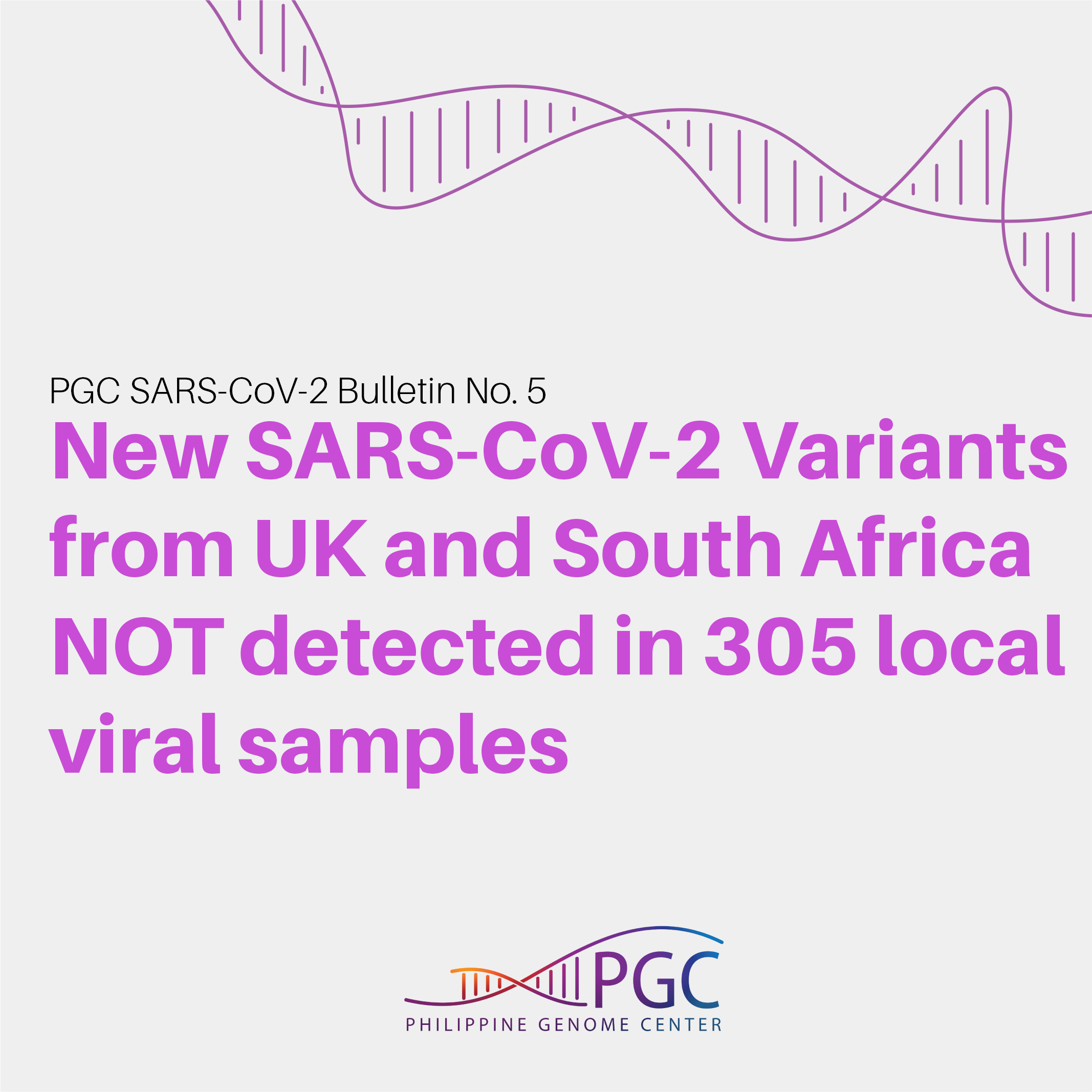
PGC SARS-CoV-2 Bulletin No. 5: New Variants from UK and South Africa NOT detected in 305 local viral samples
Recently, new SARS-CoV-2 variants were detected in the United Kingdom and South Africa with multiple spike protein mutations that may cause substantial changes in certain properties of the virus. These observations spurred biosurveillance efforts in different countries, with some countries outside of the UK and South Africa already reporting the presence of these new variants within their territories. The data presented in this report is part of our own continuing biosurveillance efforts to track the entry of these new variants in the country, as well as other viral mutations that may be of concern locally.
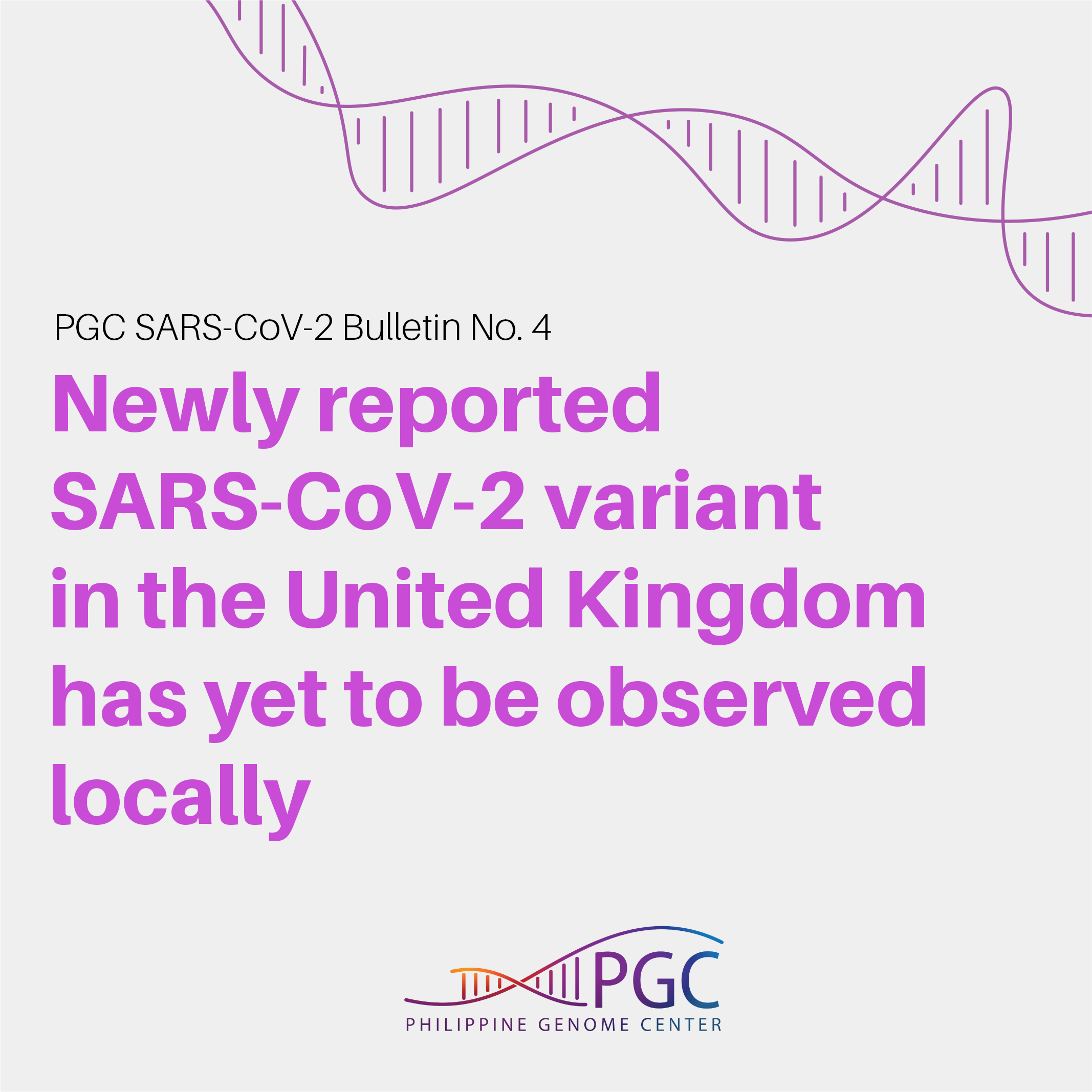
PGC SARS-CoV-2 Bulletin No. 4: Newly reported variant in the United Kingdom has yet to be observed locally
In a report posted at the Global Initiative for Sharing All Influenza Data (GISAID) website, the UK variant is said to harbor multiple spike protein mutations within a single sample, including a combination of the following: H69del, V70del(69), Y145del(143), N501Y, A570D, D614G, P681H(674), T716I, S982A, and D1118H (GISAID, 2020). While the discovery of this new UK variant appears to be concerning, the report cautions that the detailed effects of these mutations remain to be fully determined.

Looking back and looking forward: PGC strategic plan 2019-2025
The Philippine Genome Center of the University of the Philippines System (UP PGC), positions itself as the catalyst for genomics research in the country that is responsive to the needs of society.
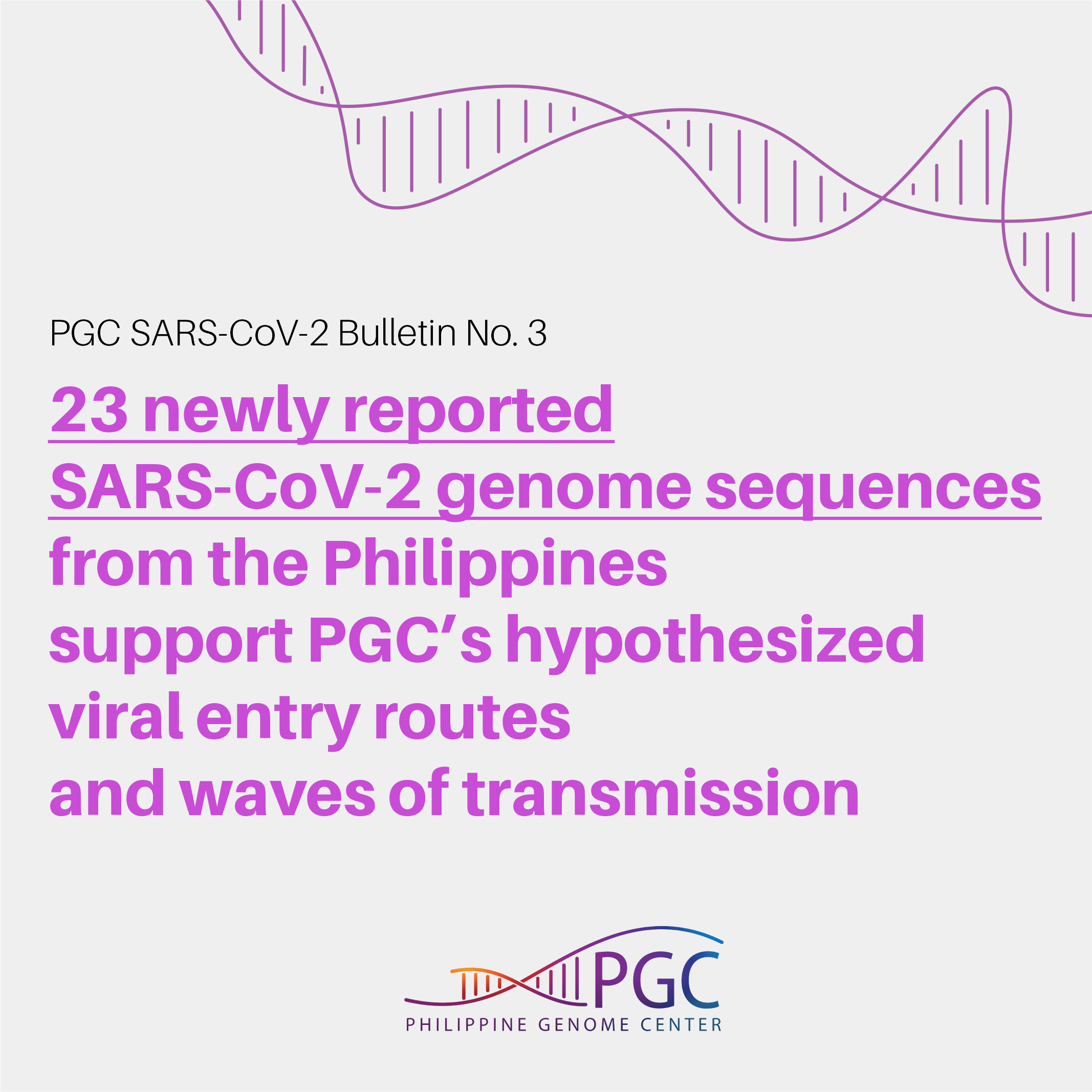
PGC SARS-CoV-2 Bulletin No. 3: 23 newly reported SARS-CoV-2 genome sequences from the Philippines support PGC’s previously hypothesized viral entry routes and waves of transmission
A group of researchers from the U.S. Army Medical Directorate–Armed Forces Research Institute of Medical Sciences, the University of the Philippines Manila, and the V. Luna Medical Center recently reported 23 new SARS-CoV-2 genome sequences from the Philippines, all of which were from cases of local transmission (Velasco et al., 2020). Among these samples, one was collected in early April while the rest were obtained in the months of June and July.
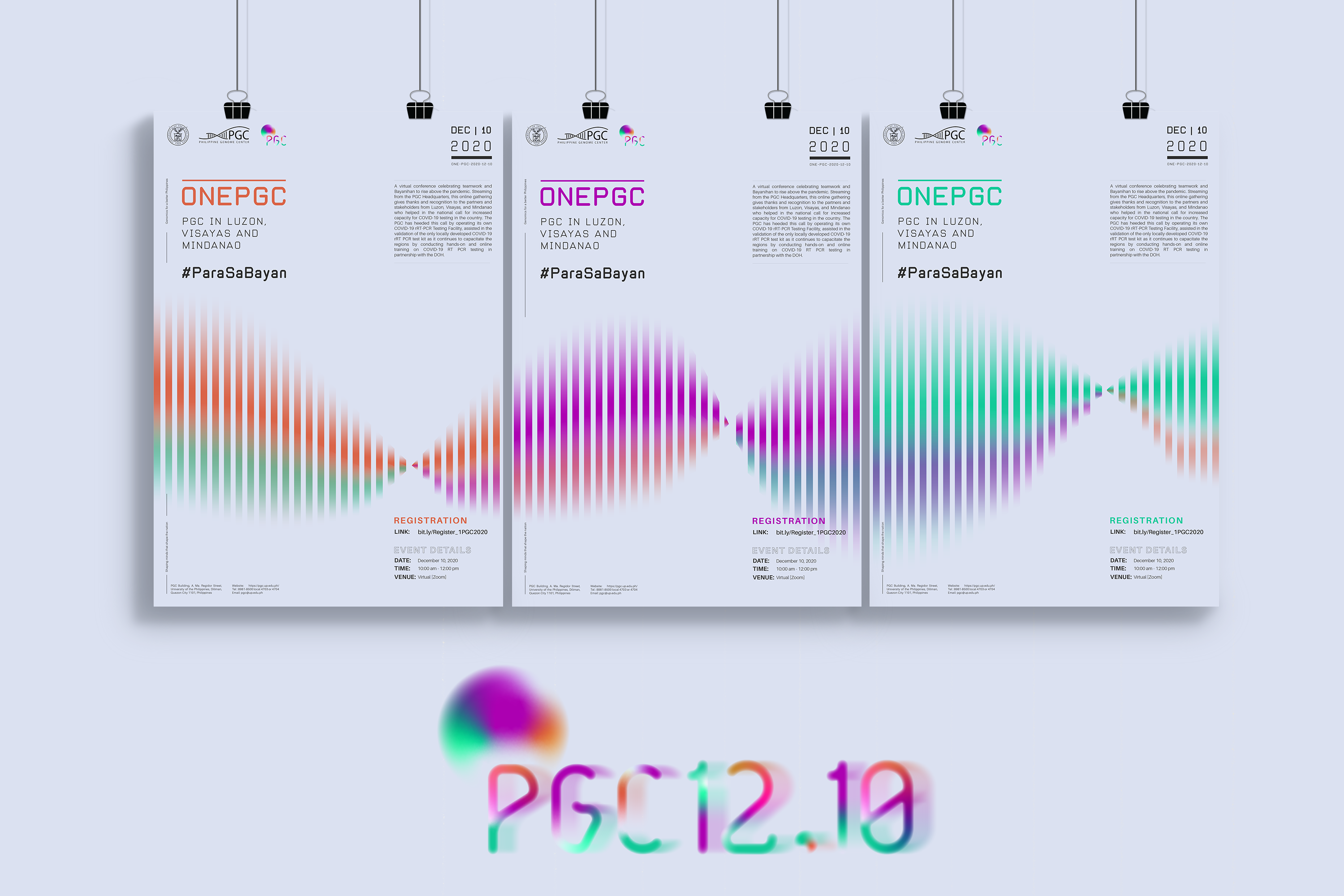
OnePGC Conference: PGC in Luzon, Visayas and Mindanao #ParaSaBayan
A virtual conference celebrating teamwork and Bayanihan to rise above the pandemic. Streaming from the PGC Headquarters, this online gathering gives thanks and recognition to the partners and stakeholders from Luzon, Visayas, and Mindanao who helped in the national call for increased capacity for COVID-19 testing in the country.
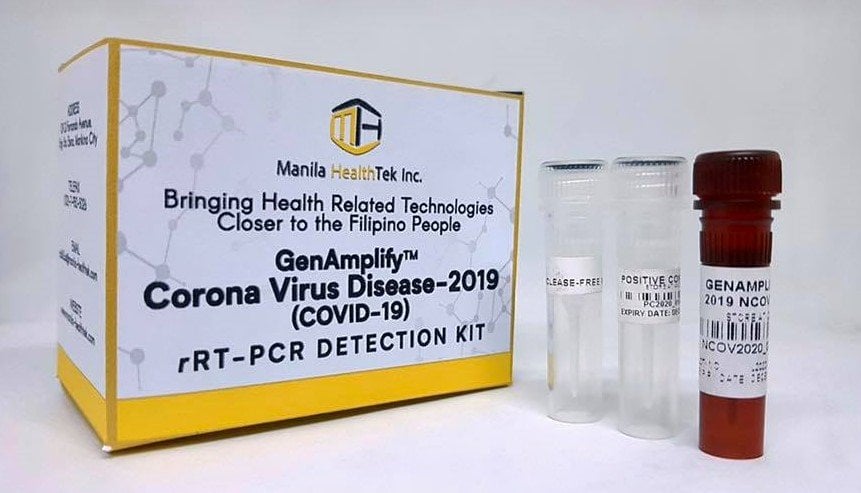
The Philippine Genome Center: Stockpiling for COVID-19
According to PGC Executive Director Cynthia Palmes-Saloma, the kit was made possible after genetic experts from others countries used Next Generation DNA Sequencing in trying to understand the nature of the COVID-19 virus. Among the facilities of the center is its DNA Sequencing Laboratory which was established in 2013.
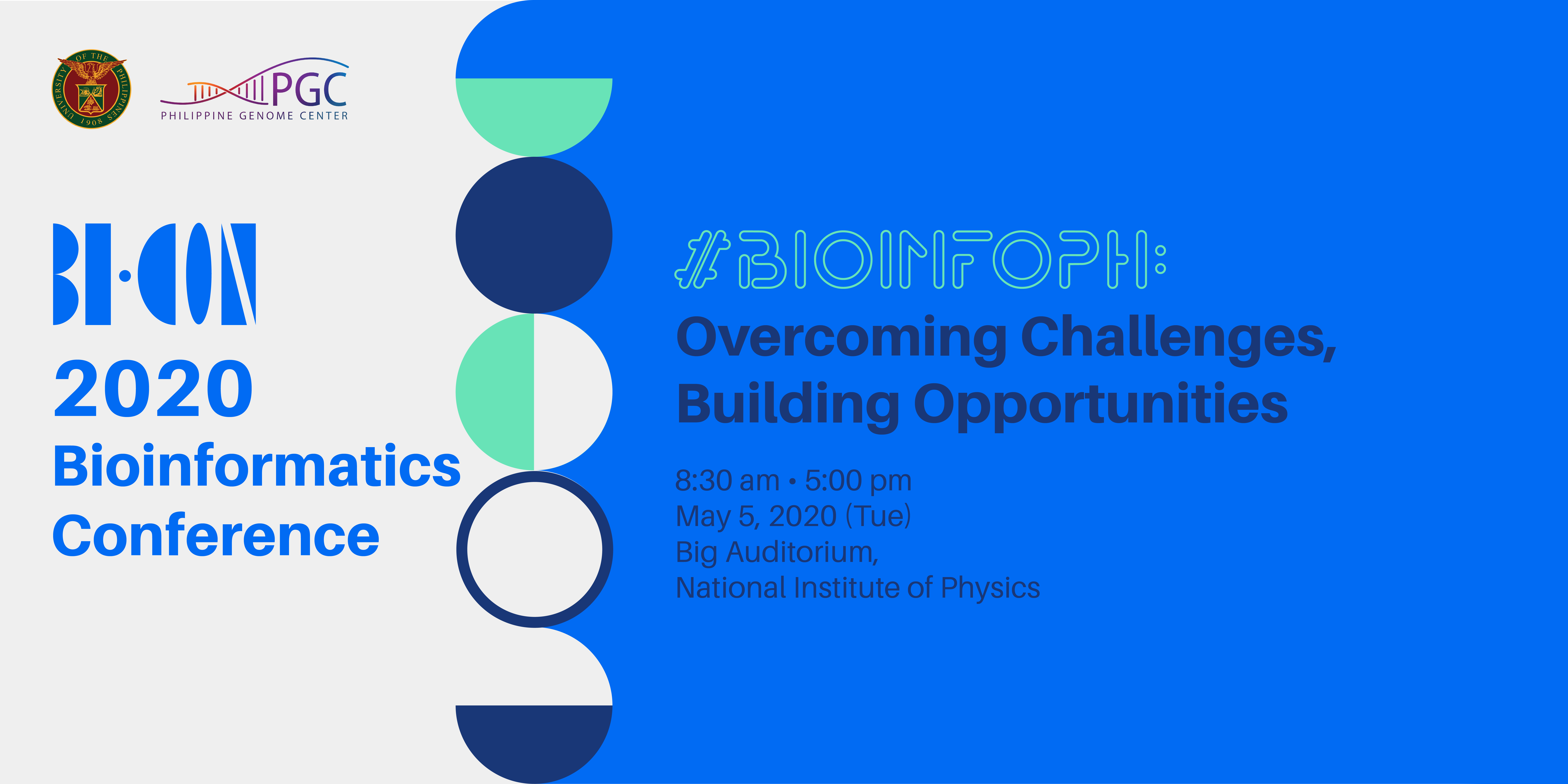
Overcoming Challenges and Building Opportunities with Bioinformatics
The 2020 Bioinformatics Conference aims to bring together researchers, students, and professionals from the field of genomics and bioinformatics. Themed “#BioInfoPH: Overcoming Challenges, Building Opportunities”—the conference intends to surface the complexities of conducting bioinformatics and genomics research in the Philippines and therein address these challenges through the conference forum.
